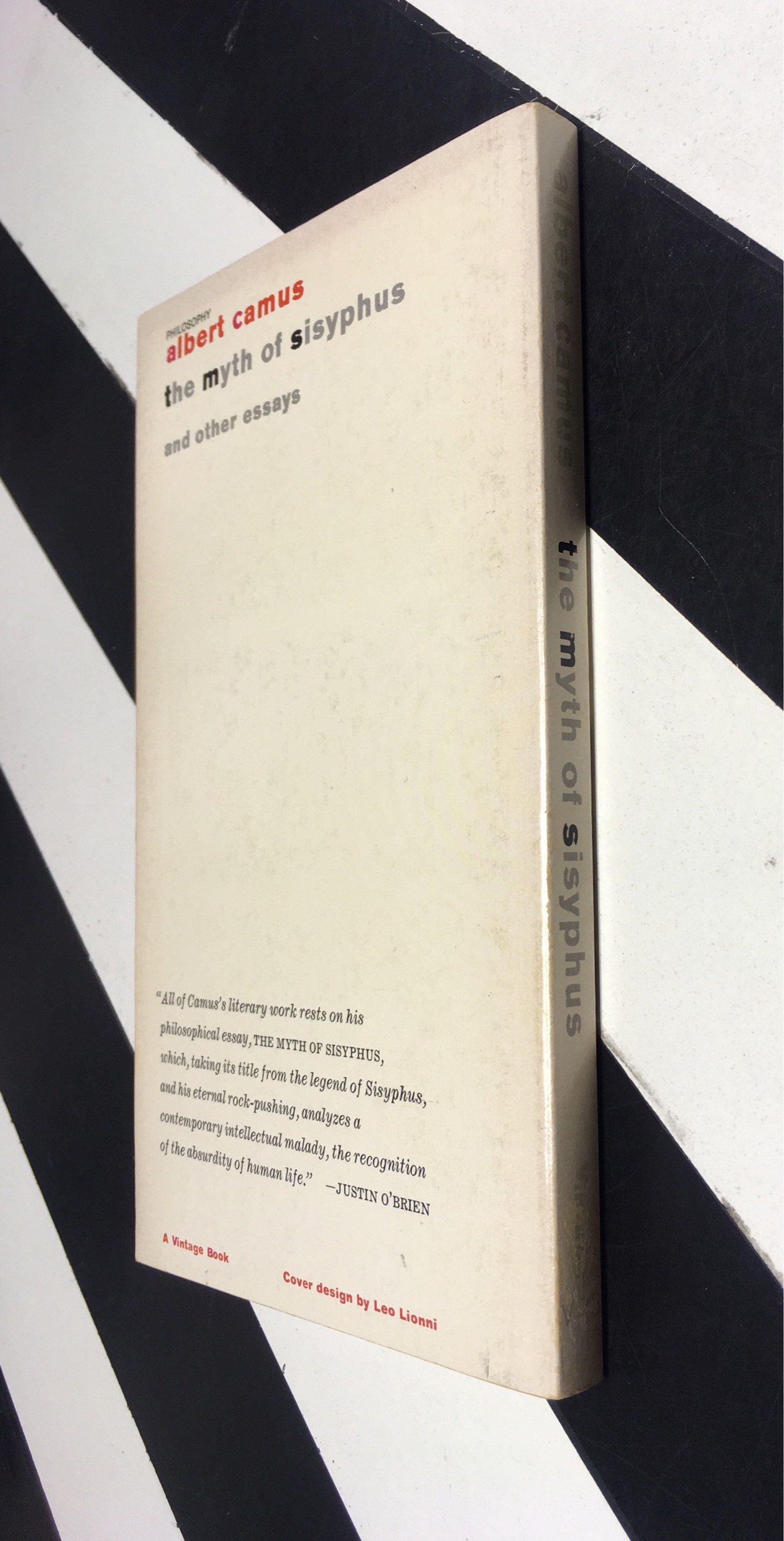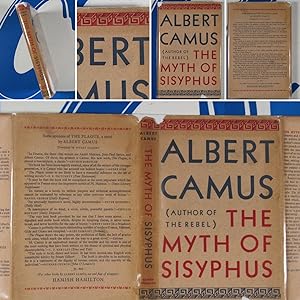

The essay Le Mythe de Sisyphe (The Myth of Sisyphus), 1942, expounds Camus's notion of the absurd and of its acceptance with "the total absence of hope, which has nothing to do with despair, a continual refusal, which must not be confused with renouncement - and a conscious dissatisfaction". His love for the theatre may be traced back to his membership in L'Equipe, an Algerian theatre group, whose "collective creation" Révolte dans les Asturies (1934) was banned for political reasons. He also adapted plays by Calderon, Lope de Vega, Dino Buzzati, and Faulkner's Requiem for a Nun. But his journalistic activities had been chiefly a response to the demands of the time in 1947 Camus retired from political journalism and, besides writing his fiction and essays, was very active in the theatre as producer and playwright (e.g., Caligula, 1944). The man and the times met: Camus joined the resistance movement during the occupation and after the liberation was a columnist for the newspaper Combat. Of semi-proletarian parents, early attached to intellectual circles of strongly revolutionary tendencies, with a deep interest in philosophy (only chance prevented him from pursuing a university career in that field), he came to France at the age of twenty-five. His origin in Algeria and his experiences there in the thirties were dominating influences in his thought and work.

The Myth of Sisyphus and Other Essays: Albert CamusĬamus’s theories on the absurd became so widely admired that he reportedly stopped using the phrase ‘that’s absurd’ in conversation, as people kept thinking he was making a subtle philosophical point.Albert Camus (1913-1960) was a representative of non-metropolitan French literature. The Myth of Sisyphus, which at around 130 pages is similar in length to The Outsider, introduces Camus’s interest in the absurd: the futility of a search for meaning in an incomprehensible world, and how humans might deal with the hostile realities of life.Ĭamus’s theories on the absurd became so widely admired that he reportedly stopped using the phrase ‘that’s absurd’ in conversation, as people kept thinking he was making a subtle philosophical point This write-up in the Telegraph for the centenary of his birthday explains his play with the absurd: “The essays are some of the clearest expressions of Camus’ arguments.

Europe/Paris The Myth of Sisyphus and Other Essays: Albert CamusĬamus’ essays are brilliant philosophical enquiries into life written through complex literary frames and drawing on human warmth and wit.


 0 kommentar(er)
0 kommentar(er)
